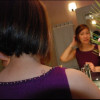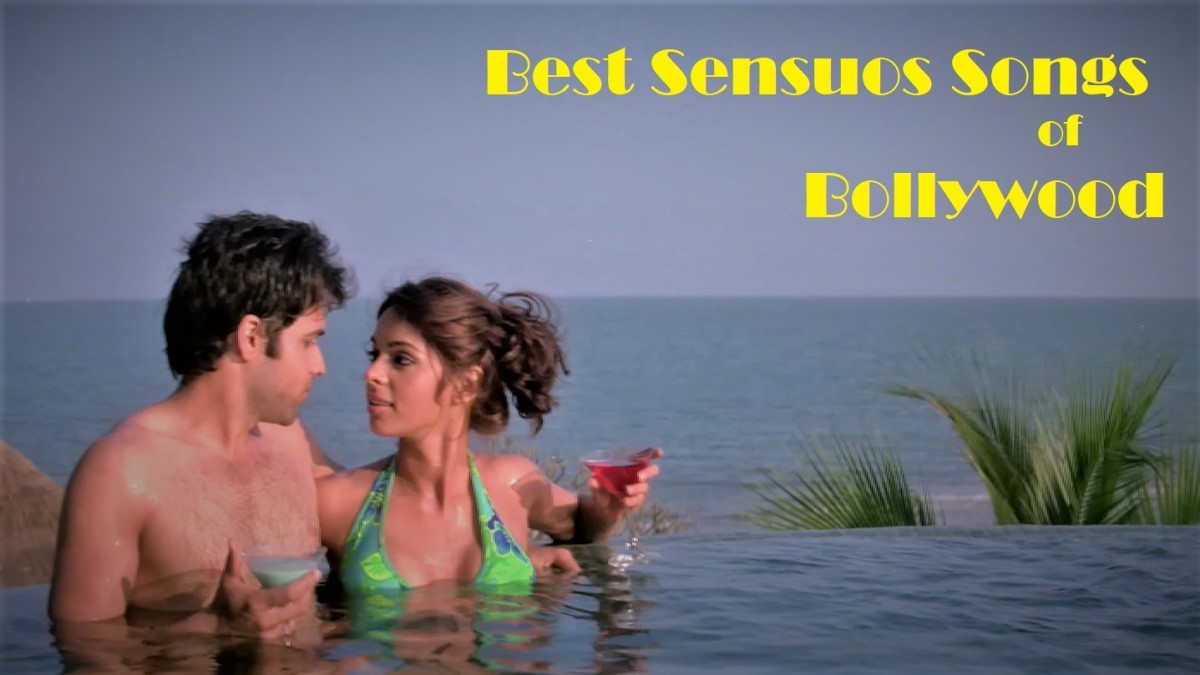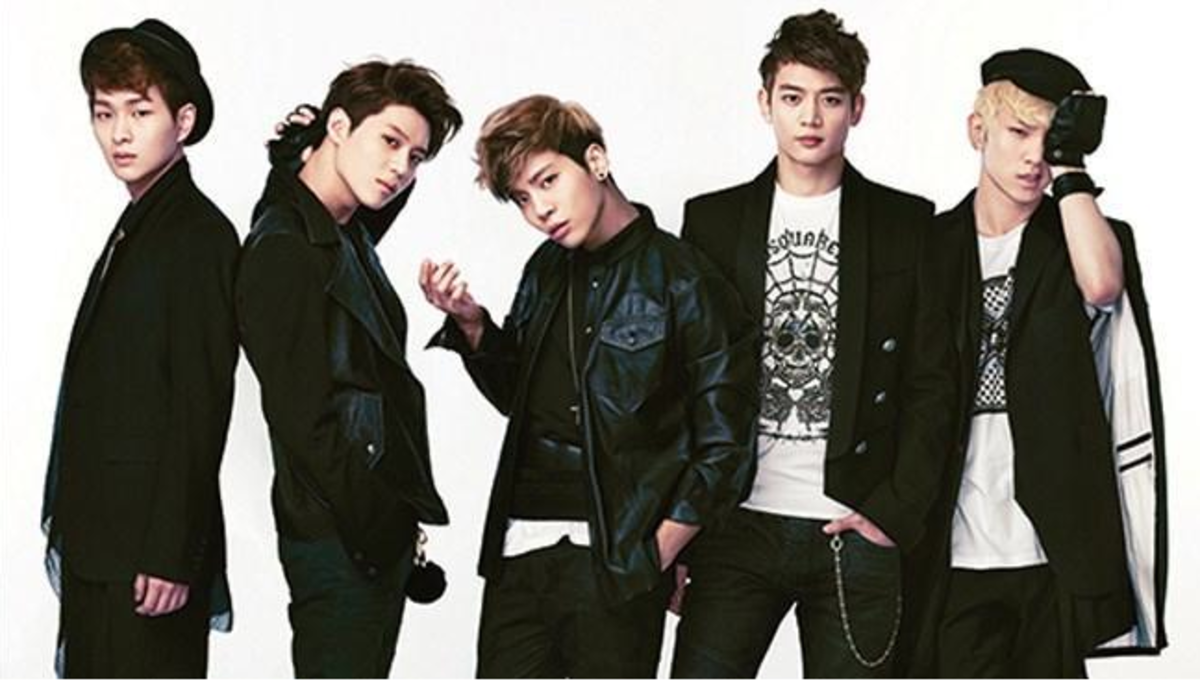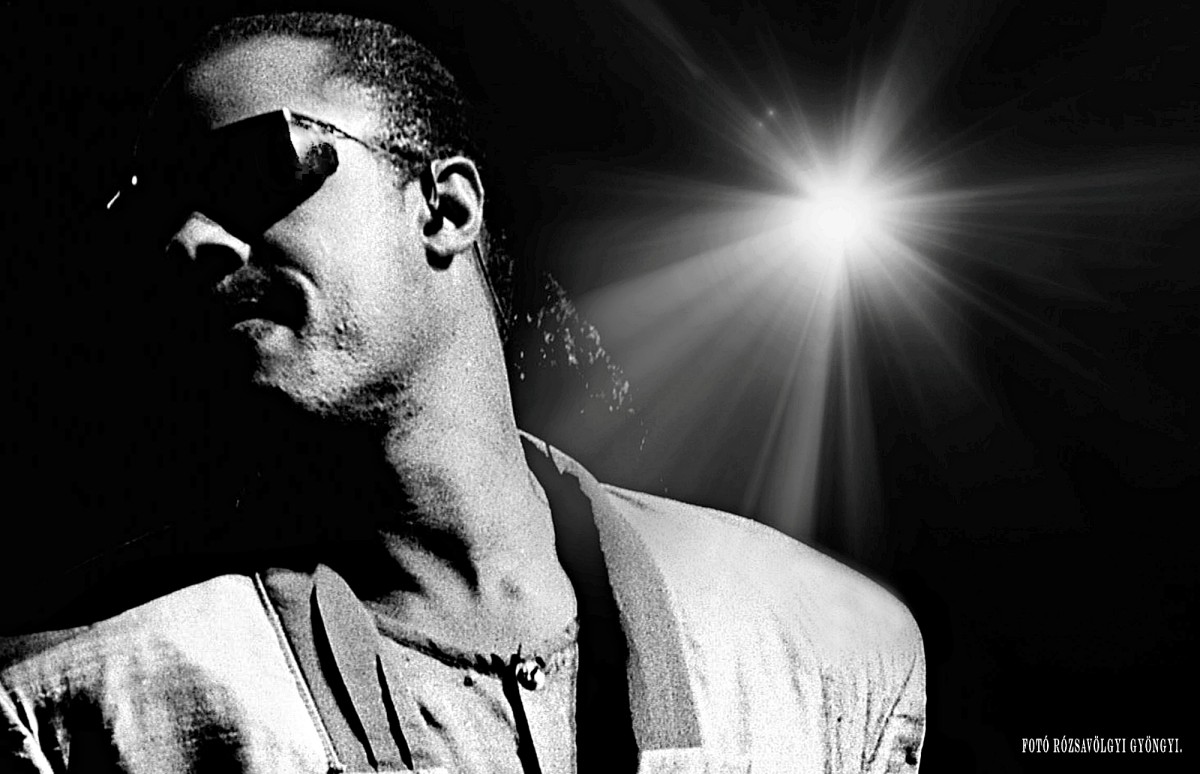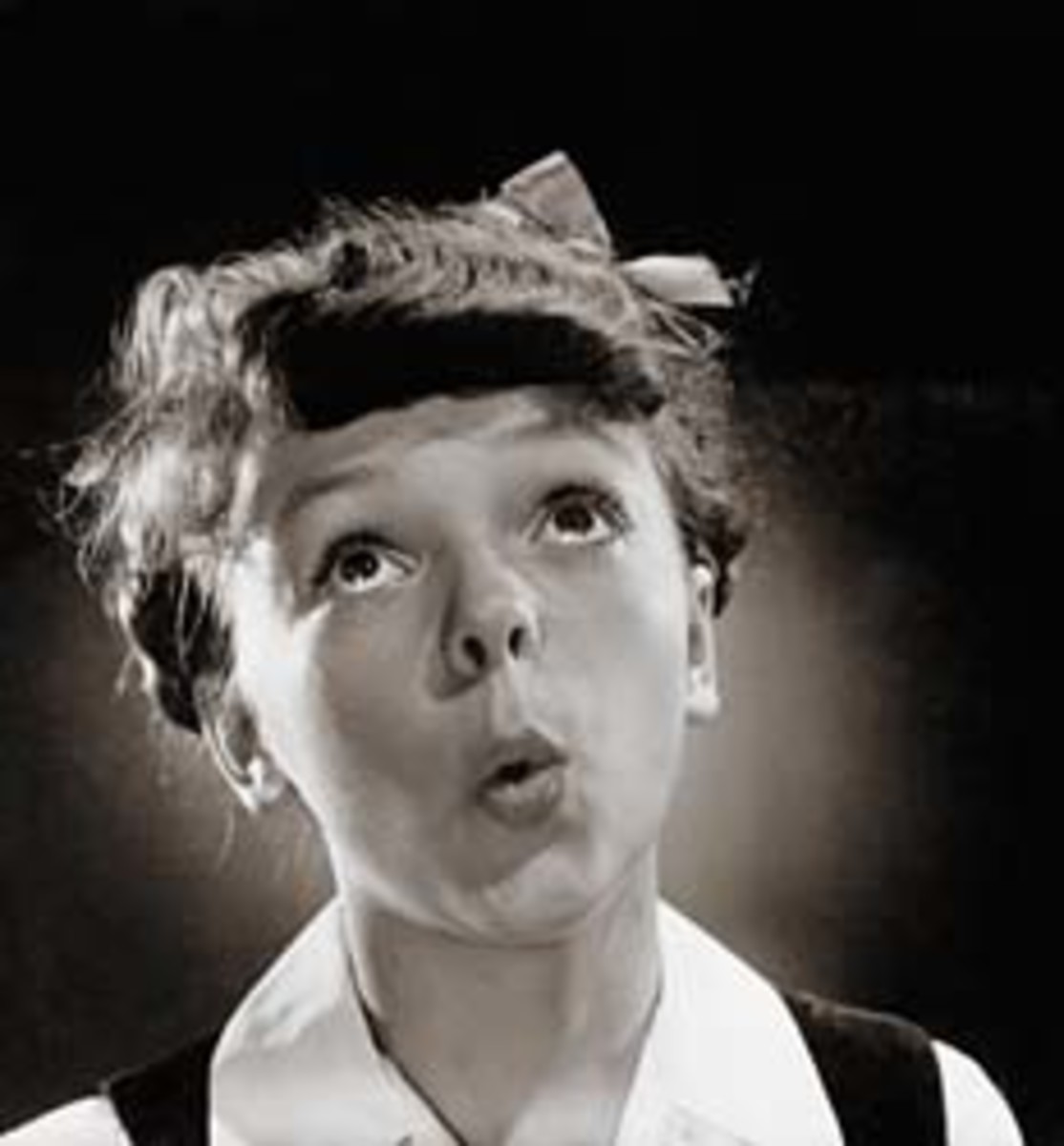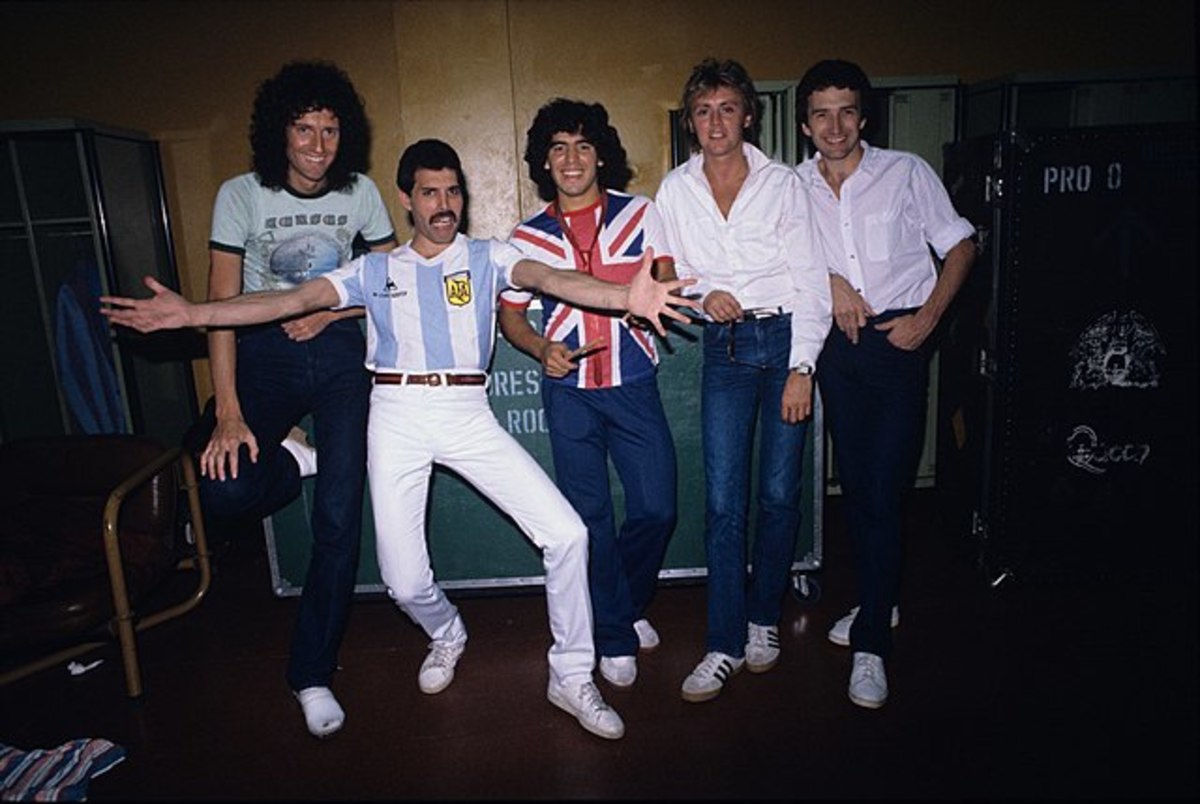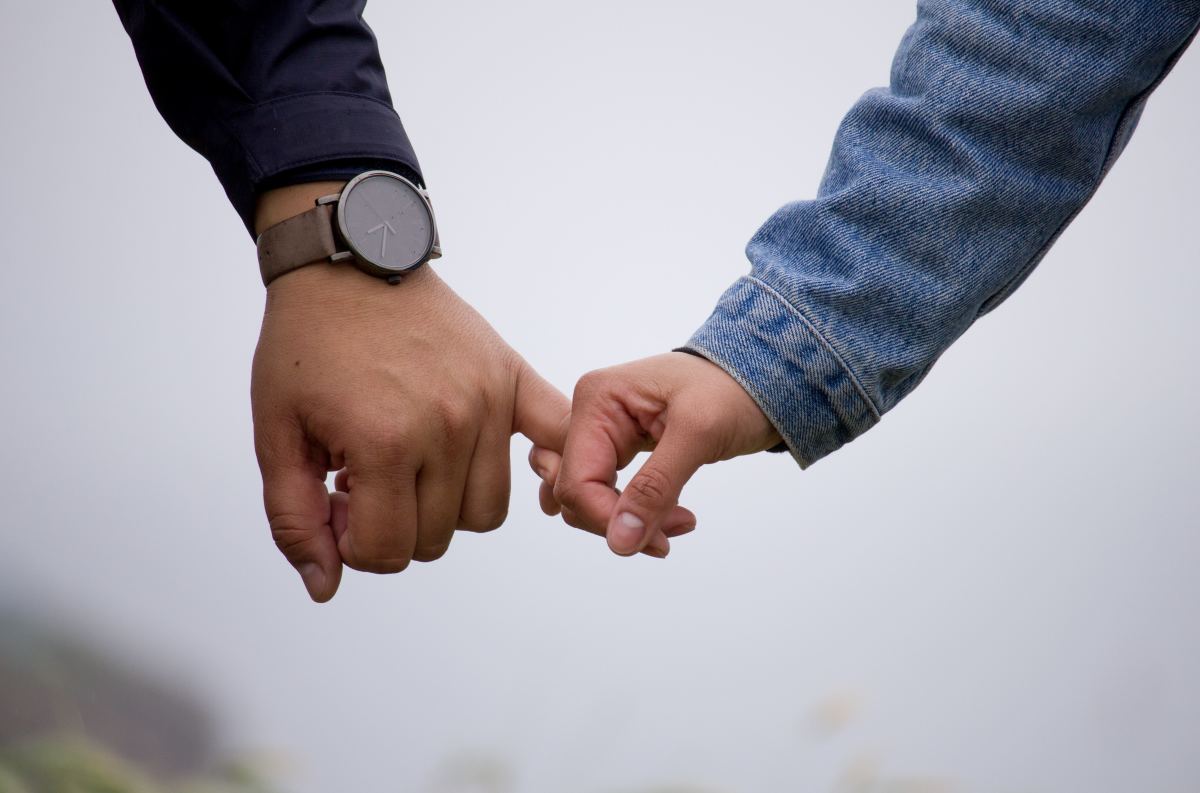Jukebox and Nostalgia: Pay-per-Tune of the Century

Do you remember that coin-operated music-playing device that plays a selection of songs from self-contained media? It’s called “Nickelodeon” or most commonly known as “Jukebox”.
I once hit YouTube and landed watching Engelbert Humperdink singing “The Last Waltz” and I found myself going down memory lane, reminiscing about the good old days from the landscape of where I grew up and how deeply it affected who I am today to over a hundred of good (and bad), fun and enjoyable memories that made my life so meaningful (beating the odds of trials and tribulations). That includes my addiction to two things: Songhits and Jukebox.
“Droning songs of yesterdays, humming little tunes, glancing back in time” ~ (excerpt from my personal journal)
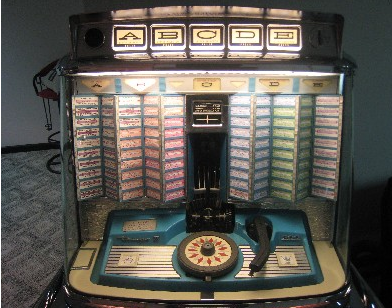
Both my parents are music lovers specially my dad. He has great fondness of every latest home audio equipment and sound system that goes out in the market during those days.That’s how the whole world of music was introduced to me.
My father also owned a huge collection of music records from 78 rpm to 45 rpm, cassette tapes and even now, of CD’s and what have you. During those days, jukebox was something that you usually see in the bars or restaurants only, but we owned this machine though we didn’t have a bar or a restaurant.
Let's leave my addiction to songhits for now and talk about the once popular jukebox.
Similar to a vending machine, a standard Jukebox has buttons with letters and numbers on them. They played music on demand by inserting a coin in the slot and then entering a combination of letter and number for the machine to select the song and play that specific selection. In short, it’s the older version of a pay-per-tune music system. Jukebox carries a selection of music from all genre from rock and roll to swing, classical music and even opera.

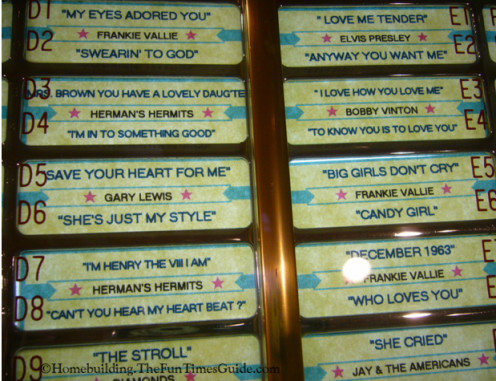
So, we have a big vase full of coins (25 cents, if I remember it right) that we recycle for the jukebox slot and I digress, remembering how I’d pinched coins from that same vase every time to buy my favorite Texas bubble gum from our own mini-grocery store managed by my grandma. Back to the jukebox, I enjoyed dropping coins to the jukebox machine and playing with the keyboards for some random selections of music. However, of all the buttons, I remember E1 appealed most to me or maybe just the easiest for my cute little hands to reach. So, it became my favorite buttons, which plays “The Last Waltz” by Engelbert Humperdink. So, I’d keep on dropping coins and pressing these buttons repeatedly for that song.
Whenever my father's at home, we’d play random songs and we’d sing and dance together from some crazy groove tunes to sweet mellow music, swing and one of our favorites, “The Last Waltz”. It’s like moonlight dancing and splashing, falling on the well-polished hard wood floor of our house and laughing.
Fast forward a bit and then came my first crush and my love for music became intense, particularly on ballad and love songs. I’d rush back home everyday after school, thrilled to see and touch our jukebox, so that I could play the song that has been playing in my head all day at school. I’d bash my eardrums with the loud sound of our jukebox and daydreaming begins. Some of my favorites were: Stars on 45 by The Beatles, The Long and Winding Road, another one by The Beatles and I cried A Tear by Anne Murray. I was kind of shy and timid growing up and so my secret love was kept to myself and was only shared with our jukebox.

Just like the memory of my father dancing with me and of my first crush, the memory of our jukebox and its charm had its own nostalgia. The good old days had swiftly gone by and jukebox is now a thing of the past. However, the machine has become a valuable and pleasurable item for the growing number of antique collectors. In fact, collecting refurbished jukebox has gained popularity since it imparts our musical heritage in a variety of music genre carrying nostalgic songs way back from the 40’s to early 80’s. Apparently, jukebox has become a multi-million dollar capital market though secondary. And, since I cannot afford to buy this classic machine at this time, it prompted me to create a jukebox page on Facebook instead. Please feel free to subscribe by liking it and don’t let the music fade away.
“Music is love in search of a word.” ~Sidney Lanier
There’s even an organization for Jukebox lovers in the USA called, American Historic Jukebox Society and there are many jukebox forums and dealers that still exist around the World Wide Web. This group regularly meet at some vintage jukebox shows around the USA – all for the love of jukebox and the treasured memories it carries for listeners of every generation. And, while there is wistfulness for the time gone by, there will always be a market for new and vintage jukeboxes.

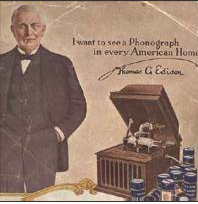
The discovery of the Jukebox
The discovery of the jukebox could be traced back in the late 1800, when Thomas Edison invented a coin-operated music machine that played music from a wax cylinder called phonograph. Sometime back in the same era, Louis Glass- a Danish Composer, installed a phonograph in his Palais Royal Saloon in San Francisco and since then has brought life the age of the jukebox. Then, in the early 1900, John Gabel introduced another music machine called “Automatic Entertainer” and it dominated the industry until the mid 1920s.
Back in the early days of its discovery, the jukebox was actually called “nickel-in-the-slot” because in order to play a song, one had to put a nickel. The first jukebox machine didn’t have amplification and so users had to listen through four listening tubes. That’s pretty interesting, if you'd imagine.
Eventually, after years of competing with every new radio or stereo system, jukebox was then developed with speakers and could sound like an orchestra in high volume, until such time the jukebox was something of a novelty arcade, providing cheap entertainment.

The origin of the word JukeBox
Interestingly, no one can confirm where the word jukebox originated. There are many versions about the origin of this word. Some say, it derived from African-American slang “jook”, which means “dance”. Other sources say, the word “jook” means mischievous or wicked. And, for the South Americans who are descendants of African slaves, the term “jook house” refers to a shack used for dancing, more like a place for celebration where they'd hang out to socialize and relax after a long day at work.
In the 1940’s the term “jukebox” was used by the mainstream press and since then the name “jukebox” was known and adopted by the public and so the music machine became very popular by its name “jukebox”.

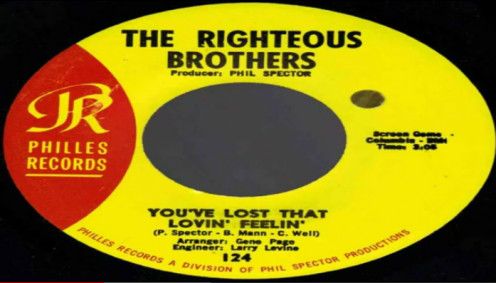
The popularity of Jukebox
During the peak of the jukebox days, the market for selling single records was crazy high and it gave tons of opportunities for many recording artists. Jukebox sales eventually increased in the US and around the world as leading manufacturers developed a rather spectacular jukebox designed with exquisite wood, metal, and polished resins which danced behind tubes of enchanting animated lights with colored cellophane, Polaroid film, and plastic. Around the world, jukeboxes became a symbol of American life, bringing music overseas.
Name the artist of these famous Jukebox Songs:
view quiz statisticsJukebox Designs and Variations
Over the years, there have been a lot of jukebox models created and designed with sophistication from many different countries of the world. However, the longest and the most sought after machine was manufactured by: Wurlitzer, Seeburg, Rock-Ola and AMI/Rowe.
See photos below.
The Top 4 Jukebox Brand
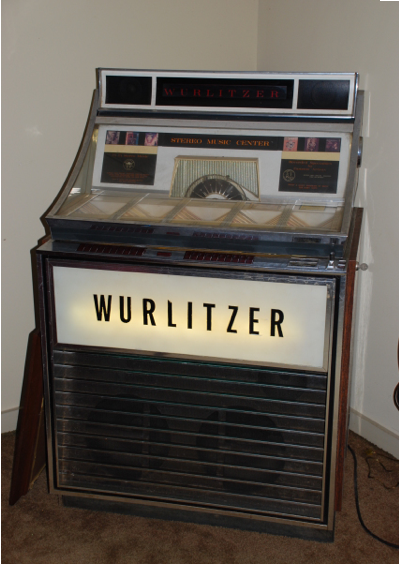
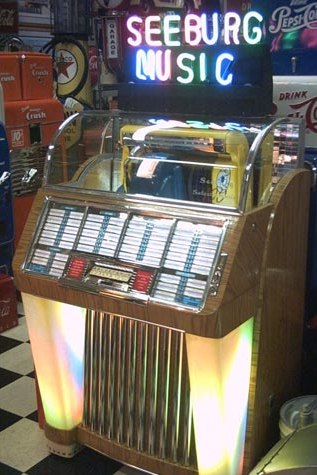
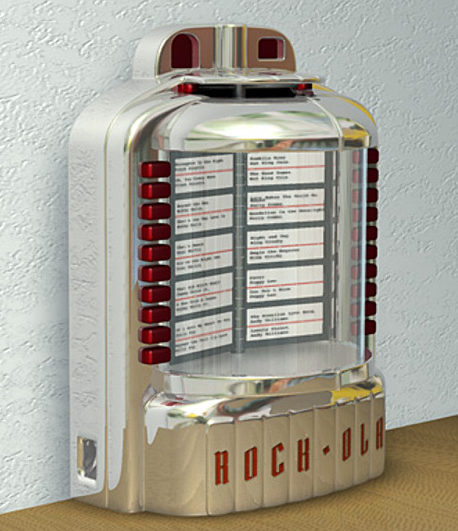
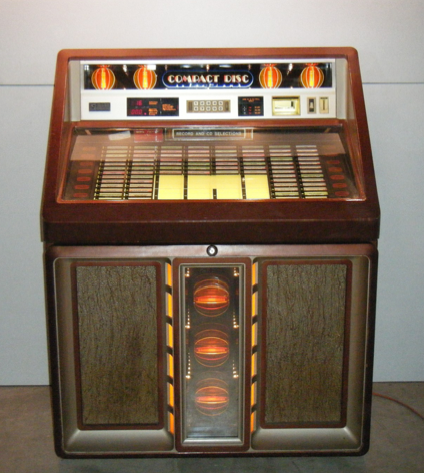

The Phasing-Out of Jukebox
As technology evolves, the jukebox became outmoded, cassette tapes came to life and so on, until lately all these were all superseded by other digital audio players and with easy access to free music, the demand for this coin-operated music machine went down and the once most loved Jukebox machine was finally phase-out.
Our jukebox machine was sold when we moved into a new place and was replaced by a much modern music system. Someday, I’d love to own one of these vintage jukeboxes. Probably when I get to my retirement age and then I could play back some soulful music of yesteryears and dance to the tune of “The Last Waltz” with my father again. He’s back home, miles away from me, and so until then. For now, we’ll continue to enjoy via Facebook, Skype and YouTube to keep us connected, to dance and sing-along on cyberspace. ♥ ♫

Top-10-All-Time Jukebox Hit Singles
Song Title
| Artist
| Year
|
|---|---|---|
Hound Dog
| Elvis Presley
| 1955
|
Crazy
| Patsy Cline
| 1961
|
Old Time Rock & Roll
| Bob Seger
| 1979
|
I Heard It Through The Grapevine
| Marvin Gaye
| 1968
|
Don't Be Cruel
| Elvis Presley
| 1956
|
Rock Around The Clock
| Bill Haley & His Comets
| 1955
|
Hey Jude
| The Beatles
| 1968
|
The Dock of The Bay
| Otis Redding
| 1968
|
Lady
| Kenny Rogers
| 1980
|
Cherry Pink & Apple Blossom White
| Perez Prado
| 1955
|
Source: http://cultureandcommunication.org/deadmedia/index.php/Jukebox
Copyright@CrisSp~TM -10-2012. Read me: "The heart of my soul speaks to the soul of my heart by writing." ~

More on Jukebox~
© 2012 CrisSp
